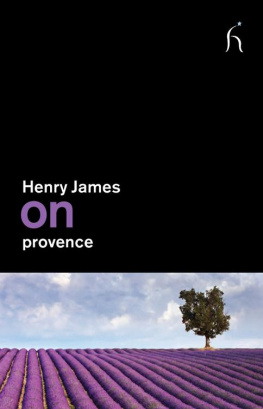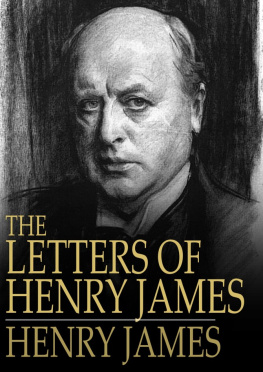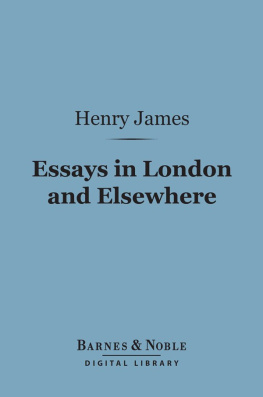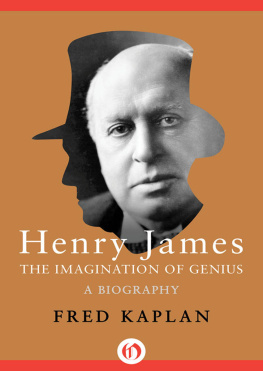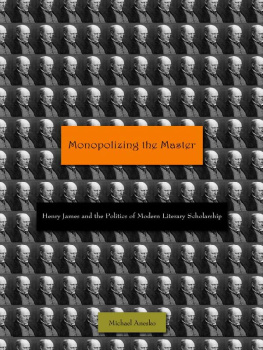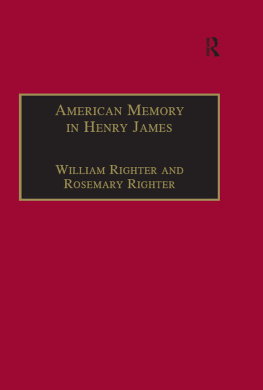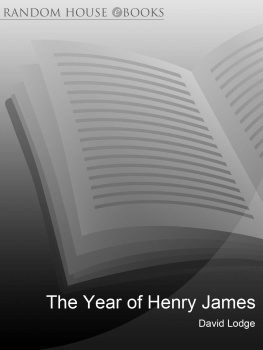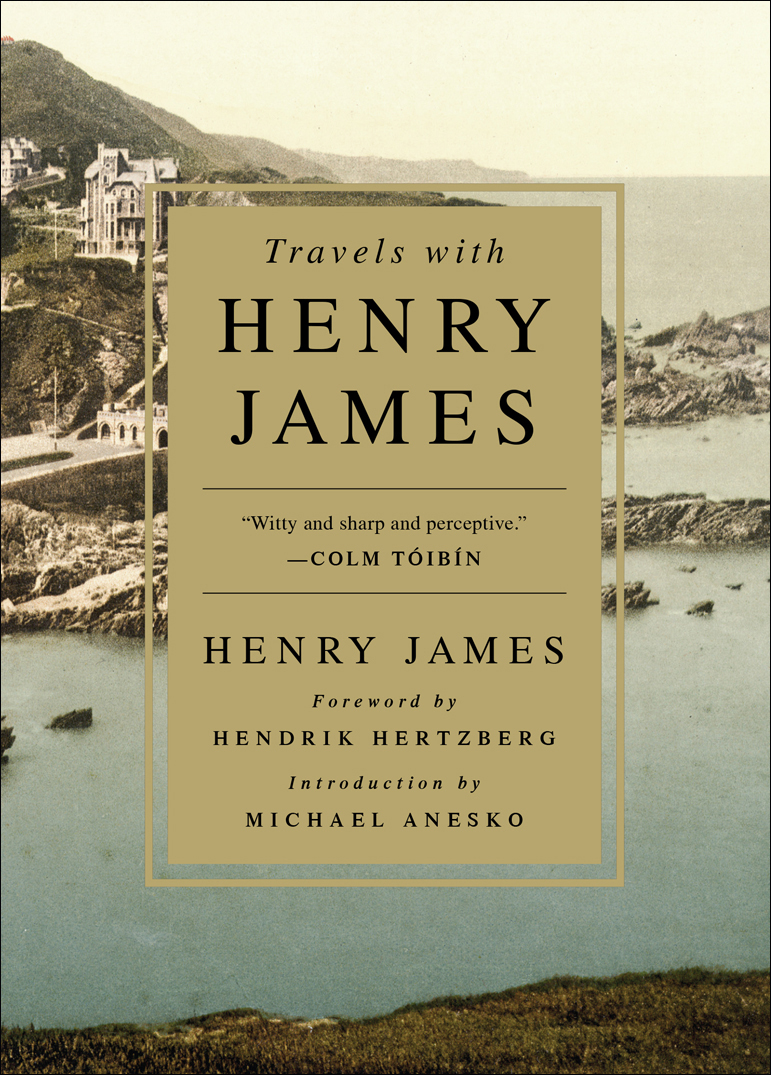
Copyright 2016 by Nation Books
Published by Nation Books, an imprint of Perseus Books, LLC,
a subsidiary of Hachette Book Group, Inc. 116 East 16th Street, 8th Floor,
New York, NY 10003
Nation Books is a co-publishing venture of the Nation Institute and Perseus Books
All rights reserved. Printed in the United States of America. No part of this book may be reproduced in any manner whatsoever without written permission except in the case of brief quotations embodied in critical articles and reviews. For information, address the Perseus Books Group, 250 West 57th Street, 15th Floor, New York, NY 10107.
Books published by Nation Books are available at special discounts for bulk purchases in the United States by corporations, institutions, and other organizations. For more information, please contact the Special Markets Department at the Perseus Books Group, 2300 Chestnut Street, Suite 200, Philadelphia, PA 19103, or call (800) 810-4145, ext. 5000, or e-mail special..
Designed by Trish Wilkinson
The photograph of Henry James on the jacket was taken from the frontispiece of Short Story Classics (American), Volume Three, ed. William Patten, copyright 1905, printed by P.F. Collier & Son. Photographer unknown. Wikimedia.
A CIP catalog record for this book is available from the Library of Congress.
ISBN: 978-1-56858-578-9 (e-book)
10 9 8 7 6 5 4 3 2 1
Table of Contents
Guide
CONTENTS


Hendrik Hertzberg
H ENRY JAMES WAS A COCKSURE FREELANCER OF TWENTY-TWO when he published, in the November 16, 1865, issue of a four-month-old weekly called The Nation, one of American literatures most notorious pans. He judged a book he anonymously reviewedDrum-Taps, a collection of what he dismissed as spurious poetryan offense against art, clumsy, monstrous, devoid of common sense, and aggressively careless, inelegant, and ignorant. Having laid the groundwork, the future author of The Portrait of a Lady, Daisy Miller, The Ambassadors, The Golden Bowl, The Turn of the Screw, and much, much more, proceeded to address himself directly to the offending versifier, scolding him as follows: To become adopted as a national poet, it is not enough to discard everything in particular and to accept everything in general, to amass crudity upon crudity, to discharge the undigested contents of your blotting-book into the lap of the public. You must respect the public you address; for it has taste, if you have not.... It is not enough to be rude, lugubrious, and grim. You must also be serious.
Forgive him. He was young and full of beans. In time, of course, Henry James would change his mind about Walt Whitmanso much so that by 1904, he and Edith Wharton were spending long evenings joyously reading to each other from Leaves of Grass. (As James read, Wharton would recall, his voice filled the hushed room like an organ adagio, and he exclaimed, Oh, yes, a great genius, undoubtedly a very great genius!
Thank goodness the mature James was in no position to destroy his youthful abominations, none of which, by the way, were abominable. (Even his rash demolition of Whitman crackles with thrilling exuberance.) The travel pieces collected here make the case. Besides being delightful in their own right, these youthful nonabominations are important for what they presage. They are among the first stirrings of a great career with few parallels among American and British writersor among writers of any nationality, for that matterof the period between the American Civil War and World War I. (For literature, the Gilded Age was twenty-four-carat gold.)
Samuel Johnsons immortal wisecrackNo man but a blockhead ever wrote, except for moneydidnt apply to Henry James. Not quite, anyway. Strictly speaking, James didnt need money. His father, Henry James Sr., had inherited the equivalent today of some $8 million and was generally willing to supply a letter of credit whenever one of his children was short of ready cash. Henry Jr. loved his father and mother and his brothers and sister, but he also loved independence. He wanted only to write, and he wanted to write what he wanted to write, and he wanted to go where he wanted to go, and he wanted to answer to no one but himself. Ultimately, he wrote to make art. But he also wrote to unencumber himself, to free himself to make art. He wrote to write. For him, writing was its own purposebut not its only purpose, not every time he sat down at his writing table.
In an era when relatively few members of the literate middle-and upper-middle classes could afford to travel for pleasure, touring by surrogate was the next best thing. There was a healthy market for travel writing. It was a circulation builder, and the magazines were eager to cash in. Even a small, intellectually elite journal like The Nationwhich, then as now, lived for politics, with a sideline in cultural criticismwanted in on the action.
In a modest way, so did James. Money seldom motivates writers at todays Nation, but for James at yesterdays, it was high on the list. The fees he earned for these pieces$50 eachmay not sound like much, but they were enough to take him much of the way toward self-sufficiency as he meandered through the northeastern United States, Britain, and Western Europe during the 1870s, piling up impressions that, sooner or later, would turn up in his novels and stories.
Henry James was, almost literally, a born traveler. He was barely six months old in October 1843, when, with his family, he crossed the Atlantic for the first time. (The Jameses went in style, aboard the Great Western, a paddle-wheel, wooden-hulled steamship of unprecedented size and luxury.) He made four more crossings in his teens, attending a bewildering variety of schools, studying with a succession of private tutors, and making of himself a bilingual habitu of London, Paris, and Geneva. In the 1860s he was back in the United States, mostly in Boston and Cambridge. He didnt return to Europe until 1869, this time as a full-grown man and emphatically on his own, for fifteen months of intensive travelLondon again, Paris again, Geneva again, and then, in a state of something like ecstasy, Italy: Milan, Verona, Padua, Venice, Pisa, Naples, Genoa, Florence, and Rome. When he came home again to Cambridge, he was twenty-seven. He had not yet written a book and was not yet famous, but his reviews and stories had made him a favorite of the editors of the better magazines. Leon Edel, the definitive James biographer, summarizes his subjects next moveand the motives behind it:
He was barely resettled in Quincy Street in the early summer of 1870 when he persuaded The Nation to accept a series of travel articles from his penpictures of Rhode Island, Vermont, New York. It was an opportunity to earn some ready money; it was also a way of convincing The Nation how lively a travel writer he could beespecially if he were in Europe.
There was, however, a deeper prompting. He would be haunted and wracked, he told [his dear friend] Grace Norton, if he returned to Europe with a thankless ignorance and neglect of his homeland. He would therefore see all I can of America and


